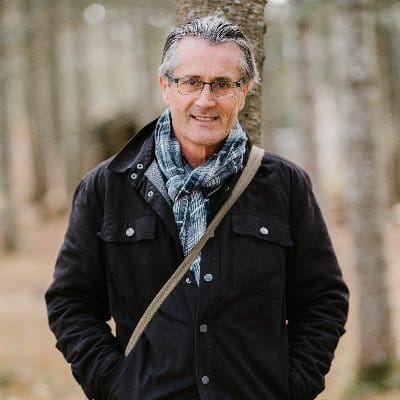Florida’s recent policy shift on vaccine mandates may look like a local event. Yet it signals something larger: frameworks of governance and health policy can change suddenly, even dramatically, and those shifts ripple far beyond state borders.
For professionals and organizations, the danger is not simply missing a policy update. It is missing the deeper currents — the antagonistic forces at work in America today, forces that are shaping the very context in which global business, governance, and professional life unfold.
We are entering a moment where the frame itself is contested. The question is not merely what policies will change, but who defines the context of work, governance, and professional life for the coming decade.
1. Polarization of Governance
America is increasingly divided between centralizing impulses and fragmenting counter-moves. On one hand, federal agencies and global alliances seek standardized, data-driven, technocratic frameworks. On the other, states like Florida experiment with alternative policies, rejecting federal consensus and carving out divergent paths.
This polarization is not just about law or health policy. It is about whether the U.S. is governed by a central framework that binds everyone, or by a patchwork of parallel frameworks that coexist — and collide. For professionals, this raises practical questions: which rules apply, whose authority counts, and how do organizations manage risk when the ground itself is shifting?
2. Geopolitical Reorientation
The U.S. no longer stands uncontested as global leader. China, Russia, and an expanding BRICS+ bloc are asserting alternative centres of power. Within America itself, two strategic visions clash:
- One America still seeks to project military and economic power abroad, upholding a decades-old role as global policeman.
- Another America retreats inward, wary of endless foreign commitments and focused on domestic issues.
This tension plays out not only in foreign policy but also in trade, energy, technology, and finance. The multi-polar world is already here. The confrontation lies in whether America doubles down on global projection, or accepts a reduced role and adapts. Either choice reshapes global supply chains, investment flows, and professional life across industries.
3. Cultural and Ethical Undercurrents
Beneath governance and geopolitics lie cultural battles about the very definition of human life and freedom. Biotechnology, AI, and digital surveillance raise questions that go to the core: what does it mean to be human? What counts as freedom? How much risk is acceptable in the name of security or progress?
Here too, America is divided. One current accelerates innovation, prioritizing growth and dominance. Another calls for ethical restraint, responsibility, and re-grounding. The clash is not only about policy but about values — and those values shape organizational culture, leadership, and professional ethics.
For business leaders, this is more than abstract debate. It determines how companies are expected to act, what kind of innovation is tolerated, and how trust is earned or lost in the marketplace.
In essence:
- Biotech & AI: Questions of what counts as “human,” whether in vaccines, gene editing, or machine learning.
- Ethical Fragmentation: Competing narratives of freedom, responsibility, and collective risk.
Confrontation: Between innovation without restraint and ethical re-grounding.
4. Brooding Forces: Antagonistic and Creative
What, then, is brooding in America today? Several forces are converging, some antagonistic, others creative:
- Antagonistic: deep mistrust of institutions, political radicalization, economic precarity, fatigue with traditional politics, and experiments with radical governance theories (such as Curtis Yarvin’s neo-monarchic ideas).
- Creative: resilience movements, local and cooperative economies, renewed spiritual search, cultural re-framing, and grassroots efforts to rebuild trust outside formal structures.
Both sets of forces matter. The antagonistic threaten to fracture the system; the creative point to seeds of renewal. But ignoring either leaves us blind.
5. Where We Are Heading: The Fight Over the Frame
Taken together, these dynamics show that America is not merely debating policies — it is confronting the deeper question of the frame itself.
- Will professional life be shaped by centralized authority, technocracy, and global surveillance frameworks?
- Or will it take shape within plural models, local autonomy, and a patchwork of experiments that redefine governance from below?
For professionals, the critical point is this: business as usual is no longer the ground on which we stand. The context of work is being redefined by forces far larger than quarterly results or market fluctuations.
Conclusion: Grasping the Forces, Reframing the Work
In times of upheaval, the instinct is to call for resilience, adaptation, or crisis management. But today’s forces demand more. They require us to grasp the formative dynamics themselves — to see clearly which currents are shaping the frame, and to reorient professional life accordingly.
This is not about adjusting around the edges. It is about reshaping and reframing work itself so that it aligns with the real forces at play.
Florida’s policy shift is just one signal. The deeper reality is that America stands at a crossroads, and with it, the professional world. The confrontation is underway. The question is whether we can see it clearly enough to act — not only to adapt, but to consciously reframe our work and organizations for the world that is already emerging.







